Publications
Articles, publications, books, tools and multimedia features from the U.S. Institute of Peace provide the latest news, analysis, research findings, practitioner guides and reports, all related to the conflict zones and issues that are at the center of the Institute’s work to prevent and reduce violent conflict.
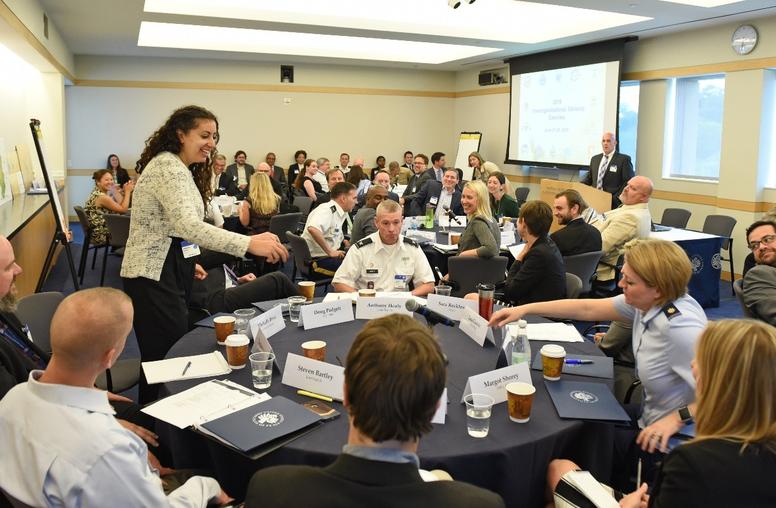
Lake Chad Exercise Demonstrates New Civilian-Military Approach
A group of senior U.S. military and civilian leaders recently agreed to find ways to work together more effectively to counter violent extremism in the volatile Lake Chad Basin of Africa, a region reeling from the casualties and destruction wrought for years by terrorist groups such as Boko Haram. The agreement emerged from a new exercise model...
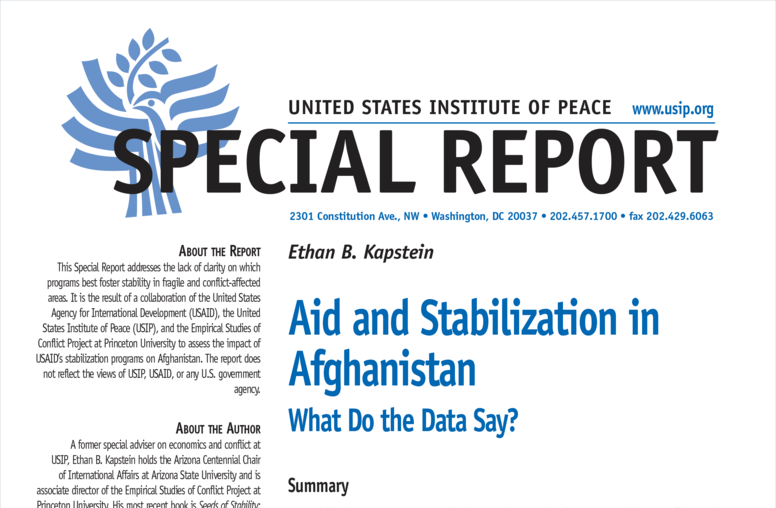
Aid and Stabilization in Afghanistan
The question for international assistance efforts in fragile and conflict-affected countries is the extent to which aid programs are associated with changes in key metrics, including security, popular support for the government, community cohesion and resilience, population health, economic well-being, and internal violence. With an eye to lessons learned for the future, this report examines USAID stabilization programming in Afghanistan, focusing on whether it reduced violence, increased support for the government, and promoted other desirable political and economic outcomes.
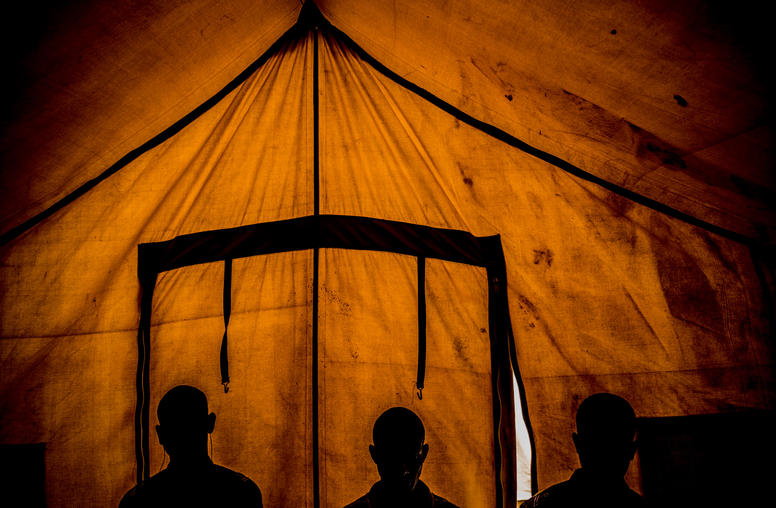
Defusing Violent Extremism in Fragile States
In Nigeria, a radio call-in show with local Islamic scholars provided an alternative to extremist propaganda. In Somalia, training youth in nonviolent advocacy for better governance produced a sharp drop in support for political violence. In the Lake Chad region, coordinating U.S. defense, development and diplomatic efforts helped push back Boko Haram and strengthened surrounding states. Such cases illustrate ways to close off the openings for extremism in fragile states, experts said in a discussion at the U.S. Institute of Peace.
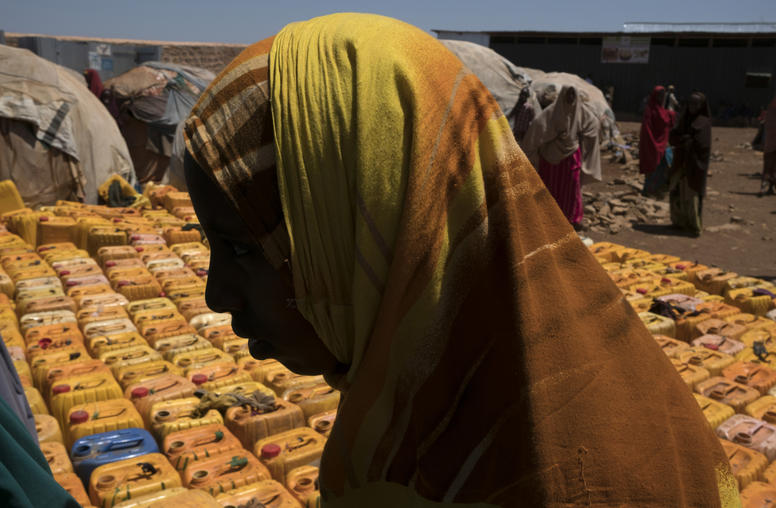
How Drought Escalates Rebel Killings of Civilians
The 2011 famine in Somalia, caused by a prolonged drought, killed an estimated 260,000 people. But this was more than a natural disaster. Amid the starvation, food shortages prompted rebels of al-Shabab, the armed group fighting Somalia’s government and spreading terror abroad, to attack local farmers to seize their food reserves, causing even more civilian deaths. It’s a pattern that plays out in rural regions across the developing world.
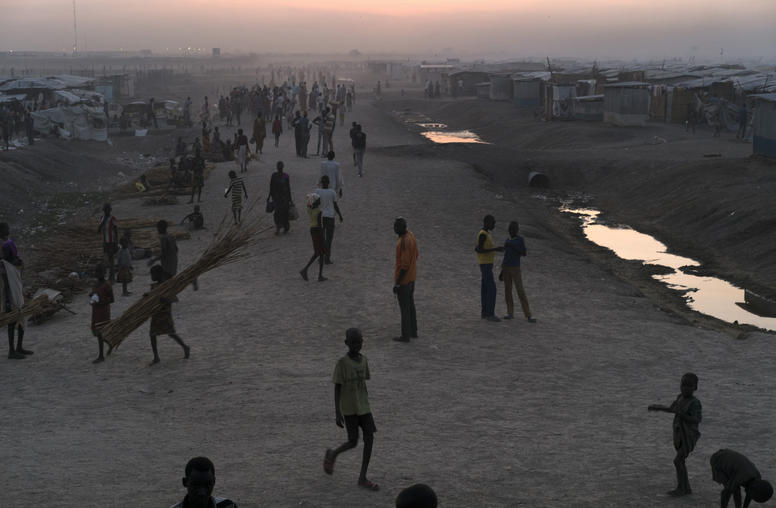
South Sudan Disaster Demands U.S. Attention, Coons Says
U.S. Senator Chris Coons, back from a recent trip to South Sudan, urged the Trump administration to make the conflict and humanitarian crisis in the African nation a priority. He also suggested that a special envoy might spur a peace process among the country’s warring factions.
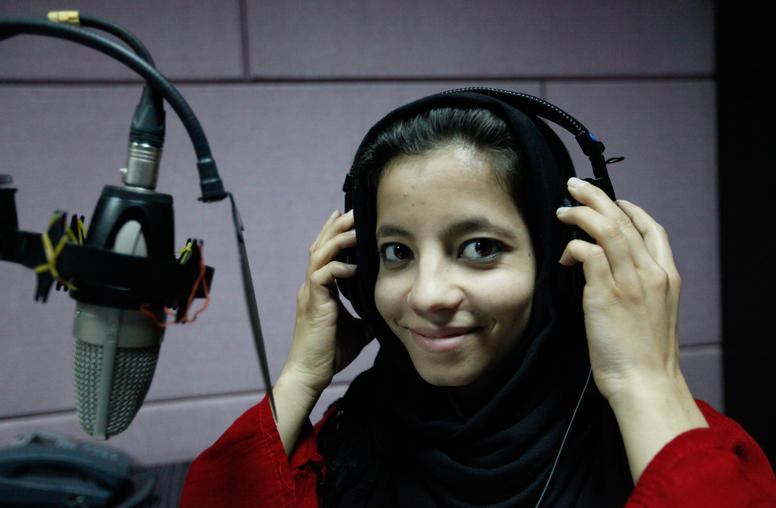
U.S. Democracy Assistance
USIP Board Chair, Stephen J. Hadley, testimony on U.S. democracy assistance before the State, Foreign Operations, and Related Programs Subcommittee of the Committee on Appropriations, of the United States Senate on Tuesday, May 9, 2017.

The Questionable Case for Easing Sudan Sanctions
Amb. Princeton N. Lyman testified before the House Foreign Affairs Subcommittee on Africa, Global Health, Global Human Rights & International Organizations
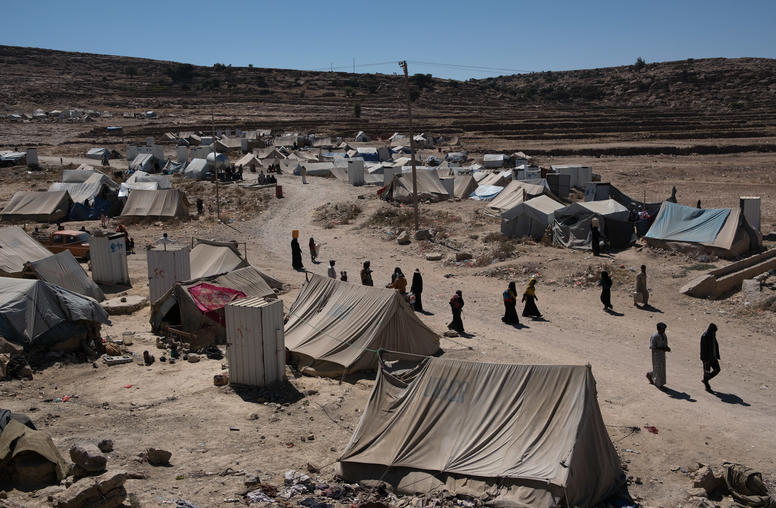
Beneath the Saudi-Iran Proxy War in Yemen, Part 2
The strategic clash between Saudi Arabia and Iran in Yemen masks multiple layers of conflict underneath that have deepened—and in some ways altered—the country’s fractures in local politics, society and security. The chaos has devastated Yemen, one of the world’s poorest countries, and has the potential to burst beyond the nation’s borders and further destabilize an already troubled region. It also allows the likes of the Islamic State (ISIS) and Al-Qaeda in the Arabian Peninsula (AQAP) to thrive.
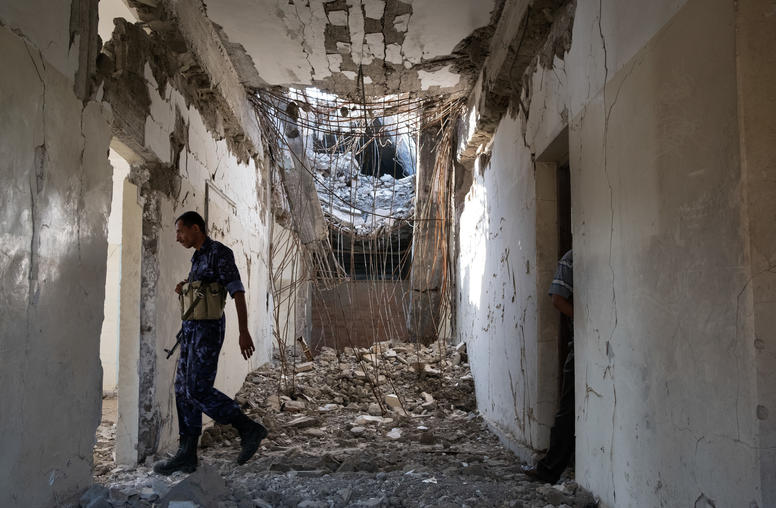
Beneath the Saudi-Iran Proxy War in Yemen, Part 1
Looking at the maneuvers by Iran and the Saudi-led coalition in Yemen from afar, the battlefield looks a lot like a black-and-white contest for regional power. But as the U.S. considers escalating its role in the conflict—and Secretary of Defense Jim Mattis visits Riyadh this week—it is essential to understand how local realities can get lost in a proxy war.

Flashing Red: The State of Global Humanitarian Affairs
U.S. Institute of Peace President Nancy Lindborg testified before the Senate Foreign Relations Committee on "Flashing Red: The State of Global Humanitarian Affairs."